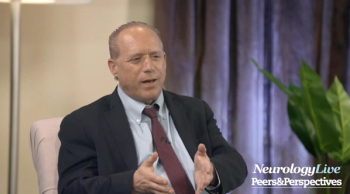
News

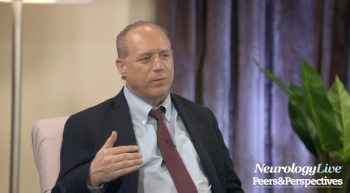
Dose Escalation of Botulinum Toxin Injectables
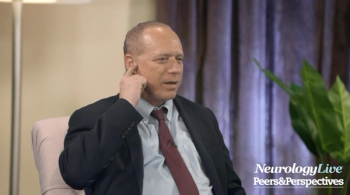
Adverse Effects Resulting From Injecting Toxins Into the Glands
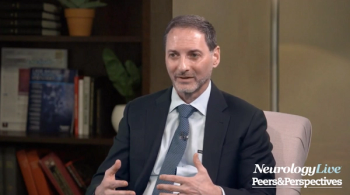
Ultrasound-Guided vs Anatomical-Localization of Injectables
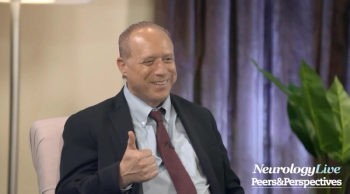
Differences Between Botulinum Toxins A and B
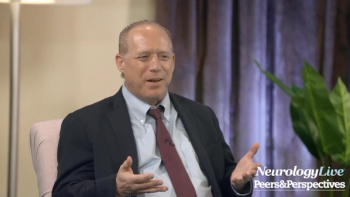
Botulinum Toxic Injectables to Treat Sialorrhea
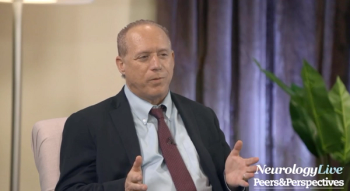
Management of Sialorrhea
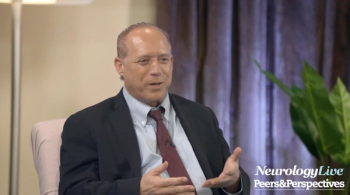
Impact of Sialorrhea on the QOL of the Patient
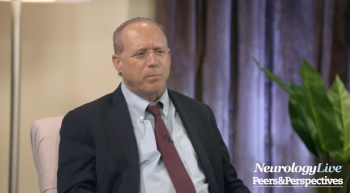
Recognizing and Diagnosing Sialorrhea in Patients
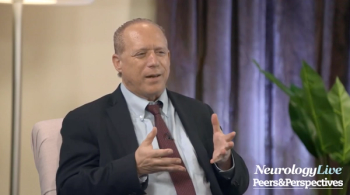
Pathophysiology of Sialorrhea
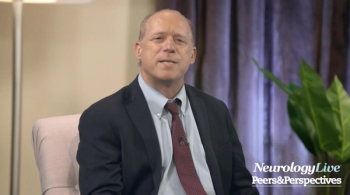
Overview of Sialorrhea in Parkinson

Neuroprotection in Progressive MS Will Require Combination Approach
Data from the MS SMART trial, which may serve as a template for simultaneous testing of multiple DMTs, suggest that exclusively targeting axonal pathobiology is inadequate to prevent neuroaxonal loss.

Nerve Ultrasound Is an Accurate Diagnostic Tool for Chronic Inflammatory Neuropathies
New study data showed nerve ultrasound had a sensitivity of 97.4% and specificity of 78.9%, with an added value in the detection of treatment-responsive chronic inflammatory neuropathy of 21.1%.

Successful Epilepsy Surgery Linked to Good Educational Attainment, Employment Outcomes
Seizure-free patients experienced similar rates of graduation and employment following epilepsy surgery compared to the general population.
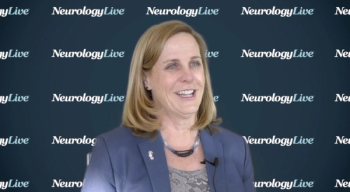
Page B. Pennell, MD: Improving Epilepsy Care in 2020 and Beyond
The president of the American Epilepsy Society and director of epilepsy research at Brigham and Women’s Hospital outlined the state of epilepsy care and what we can expect in 2020.

Those taking the drug achieved a significant reduction in the risk of stroke and death after acute ischemic stroke or transient ischemic attack when coupling it with aspirin.
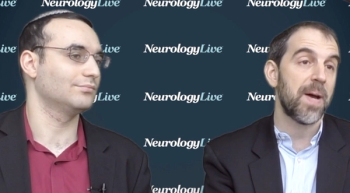
Zachary Grinspan, MD, MS: Improving Adherence to Status Epilepticus Protocols
The director of the Pediatric Epilepsy Program is joined by an MD candidate from Weill Cornell Medicine to discuss the protocol used to treat patients with status epilepticus.

Managing Ischemic Stroke in Adolescents Requires Multidisciplinary Care
Findings from a study revealed that 50% of strokes in adolescents remained cryptogenic, sparking the need for multidisciplinary collaboration on prevention and management.

Valproate Switch Associated With Poor Seizure Control in Women With Idiopathic Epilepsy
Retrospective study data suggest that among women aged 13 to 50 years with idiopathic generalized epilepsy, avoiding valproate resulted in a higher likelihood of unsatisfactory seizure control.

FDA Approves Expanded Indication for DBS System to Treat Parkinson Disease
The Infinity DBS system is the only directional DBS system approved to target all major areas associated with movement disorders, including Parkinson disease and essential tremor.

Investigational Spinocerebellar Ataxia Drug Get Green Light From FDA
The phase 2 clinical trial of CAD-1883 will assess the efficacy and safety of the drug compared to placebo.
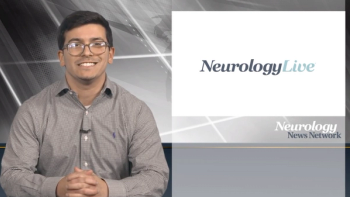
NDA Submission for Cataplexy Treatment, Siponimod Approved by EU for Progressive Multiple Sclerosis, RimabotulinumtoxinB Approved for Sialorrhea in Adults
Neurology News Network for the week ending January 27, 2020.

Take 5 minutes to catch up on NeurologyLive's highlights from the week ending January 24, 2020.
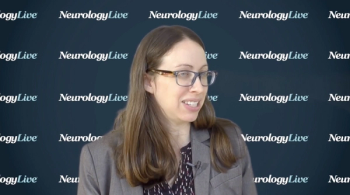
The epilepsy fellow at the hospital of the University of Pennsylvania detailed why locating the seizure onset zone plays a crucial role in successful epilepsy surgery.

Caregivers who care for children with frequent seizures experienced the greatest economic deficit, begging the question whether epilepsy interventions should be weighed based on cost/benefit.

CSF Proteomic Profiling in SMA Feasible for Finding Prognostic Information
Subgroups and treatment-related changes can be identified with comparative cerebrospinal fluid proteomic analysis in adult patients with spinal muscular atrophy who are treated with nusinersen.

Dual Antiplatelet Treatment Is Safe for Thrombolysis for Ischemic Stroke
A systematic review of 9 studies suggested that pretreatment with dual antiplatelet therapy is not associated with a higher risk of poor outcomes after intravenous thrombolysis.

The first trial of its kind in amyotrophic lateral sclerosis will first examine 3 drugs and add additional treatments as more become available.
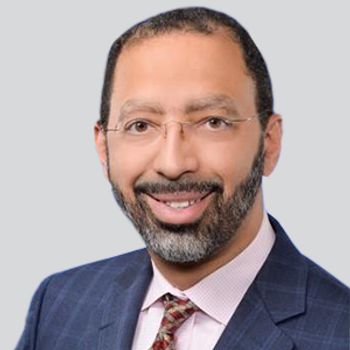
Part 2 of the pivotal FIREFISH clinical trial met its primary end point in infants aged 1 to 7 months with Type 1 spinal muscular atrophy, with statistically significant and medically meaningful motor milestone improvements.
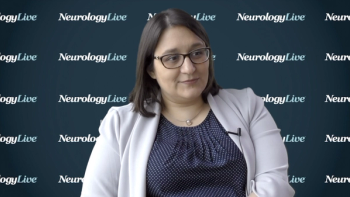
Elizabeth Gerard, MD: Explaining the Breastfeeding Gap In Epilepsy
The associate professor of neurology and director of the Women With Epilepsy Program at Northwestern University Feinberg School of Medicine detailed the ongoing questions about assessing the gaps in breastfeeding between women with, and without, epilepsy.
